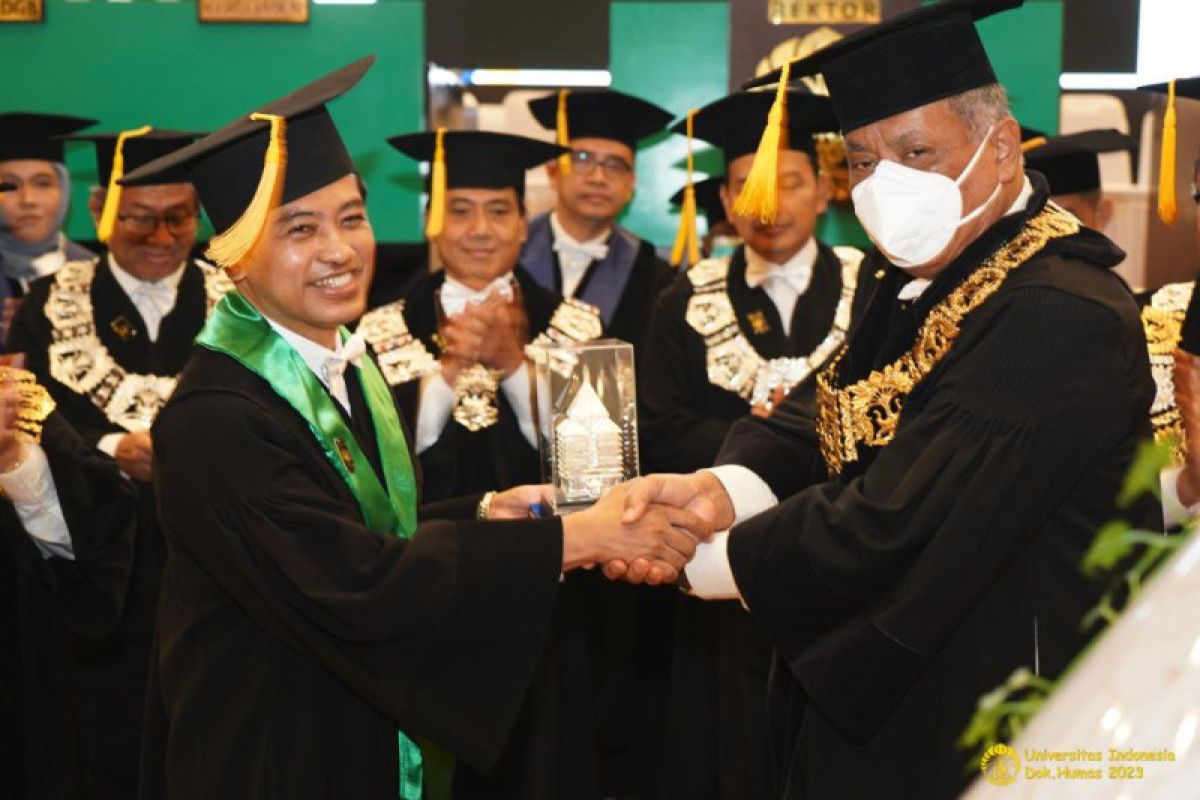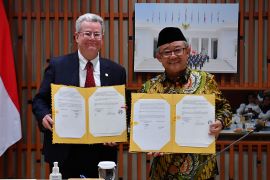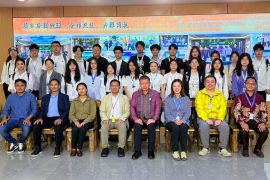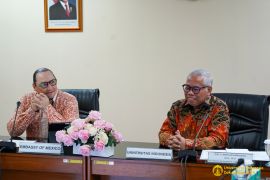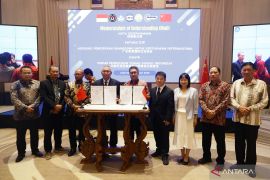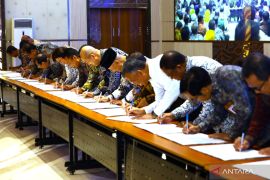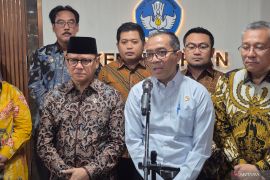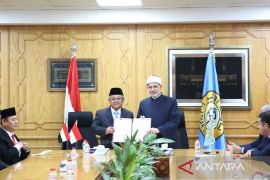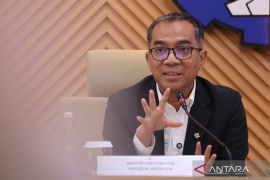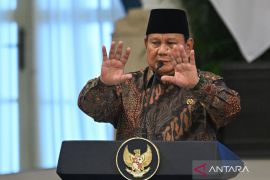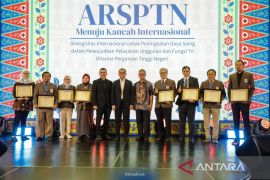"By the 1990s decade, the scientific community recorded that most deaths were caused by infectious diseases. However, the pattern shifted 20 years later from infectious diseases to non-communicable diseases," Harbuwono noted in his scientific speech at the University of Indonesia's 73rd Dies Natalis commemoration, according to a statement released on Friday.
He noted that non-communicable diseases such as stroke, heart disease, diabetes, and cirrhosis are the largest cause of death in Indonesia, with their fatality rate reaching 625 thousand annually and treatment costs touching Rp14.3 trillion (US$915.2 million).
In his scientific speech on “Health Technology Innovation to Develop National Resilience,” Harbuwono outlined three strategies involving health technology innovation that the government can promote to realize health resilience.
The three strategies concern innovation in medicine and health equipment to increase local production, the use of digital technology for data integration and ensuring health services accessibility, and the use of biotechnology for precision medicine, he expounded.
The deputy minister also emphasized the need to synergize with all stakeholders, including universities, to innovate for realizing health resilience in Indonesia.
Universities, as centers of science, have an important role in encouraging innovations in the health sector, he said, adding that cooperating with other parties will accelerate efforts to realize resilience in medicine and health equipment, digital products, and precision medicine.
"Precision medicine has lighter side effects, hence, a doctor could provide the suitable medicine for their patients genomically," Harbuwono said.
He highlighted that through precision medicine, doctors can now detect BRCA cell mutation, which causes breast cancer, sooner and in persons as young as 20 years old rather than wait until they reach 50 years of age and undergo a mammogram.
Related news: Ministry pushes technological innovations for health transformation
Related news: Global community must prepare for future pandemics: Ministry
Related news: IDI asked to prepare road map for health resilience
Translator: Feru Lantara, Nabil Ihsan
Editor: Azis Kurmala
Copyright © ANTARA 2023
